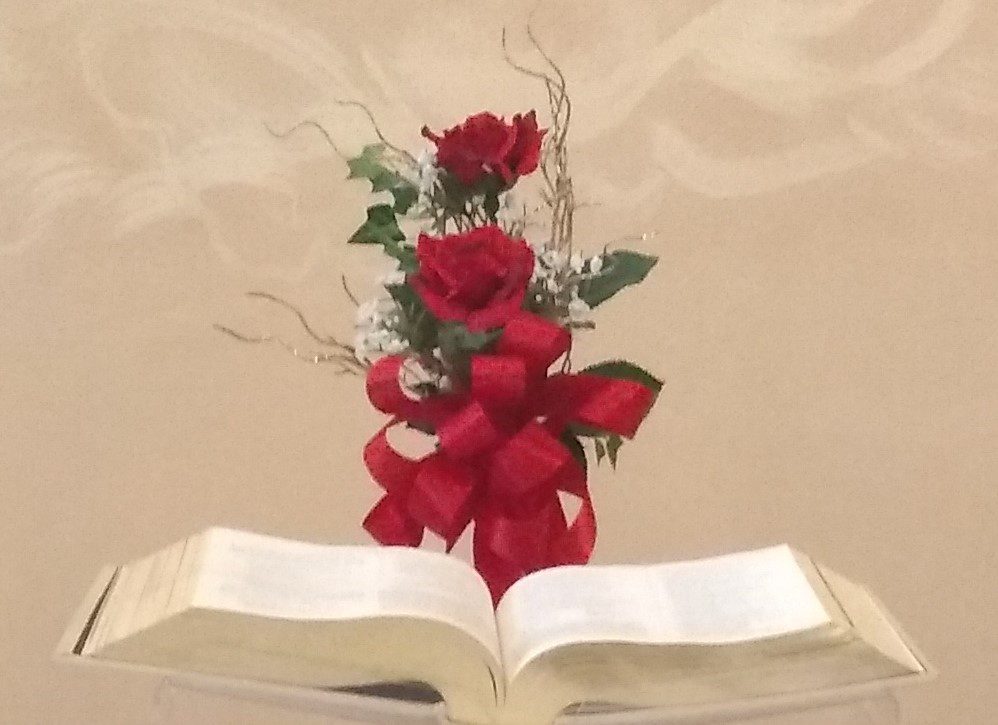There is an essential difference to the Eucharist and the worship of any other religion. Worship of the Eucharist is something God gave us at the Last Supper. The Passover has not been eradicated, but fulfilled in the sacrifice of Jesus on the cross. Therefore, it is the fulfillment of the once and for all sacrifice that is made present to us every day. The Eucharist fulfills the sacrifice that must be offered “perpetually” (Ex: 12: 14&17). The old form of worship has been renewed and brings new life and along with it, new graces. It is not just an ordering to the physical, but for the spiritual. The physical leads to the spiritual. Our worship has become whole and integrated, body and soul. “Is not the cup of blessing a sharing in the blood of Christ? And is not the bread we break a sharing in the body of Christ?” (v16). The blood is the blood that was shed on the cross and poured out of His heart when pierced.
Therefore, our worship cannot be mixed with other foreign worship. Todays culture wants to mix and match different forms of worship to make up what we want. We shop around for what we like. The message of Jesus is appealing and many may call Jesus a good guy or may even call Him God, but do not want to worship as God designed it to be. But we worship God alone, and Him alone do we worship (Ex 20:1-6 & Lk 4:8). We do not go to palm readers, any form of astrology, Hinduism, Buddhism or use any tools of such things or the New Age. These would be directly opposed to faith in Jesus and therefore be an offense against Him. In short, any such thing would be a mortal sin. Evil spirits often attach themselves to such souls who invite them into their lives through such practices.
Paul warns us, “You cannot take the cup of the Lord and of demons” (v21). It seems that many today have totally forgotten what it means to worship God. How Jesus is really and truly present in what appears to be bread and wine, but in fact is no longer bread and wine, but the body and blood of Jesus. This is so true, that we can bend our knees before what looks to be bread and wine point to it and say with full heart, I worship you Son of the Most-High God! For the Bible tells me so. Jesus says, “this is my Body…this is my blood” (Lk 22:19&20). He does not say, a symbol of… If Jesus says it, then we believe it. It is not much of a leap to say that God became man to God became bread. He does whatever He wills. If this is the way He chooses to share with us His love as the fulfillment of the Passover, then so be it (Jn 6:68). How God chooses to be worshipped is how we worship. No other worship will do.
Paul finishes the chapter with practical advice. Do not go looking to be offended or be scrupulous. What makes a sin a sin is that it is willed. We have to will to offend God. So when a person offers food, do not go into all the questions to make sure it is not food for false worship. Don’t look for the offense, but love your neighbor. Be hospitable and assume the best. If there are red flags, then you may want to be careful about spreading scandal to others. Not having your palms read can be a great witness for others when you say you will not come with.
Being scrupulous can also steal away the Joy of God in your heart. Living in fear that we could offend God is hardly what God intended. One of the things Jesus did for worship is take it from mere servitude and fulfilled it where God made Himself a gift to us. It is a renewal of the covenant relationship with God. God gives Himself totally to us as we give ourselves totally to God. The two become one in flesh, much like marriage, but better. God reveals Himself as He really is in His kindness, gentleness, humility, peace and joy. These attributes are not just attributes, they are essentials of who God is as our spouse in heaven. Marriage gives way to the reality of our calling to be united to God. If this is true, why would we go anywhere else? Only those who believe (Jn 6:47) can understand this. He fills us with what we need as we worship. If we have God, we have everything we need (2 Thes 1:2). Do we trust in that?

